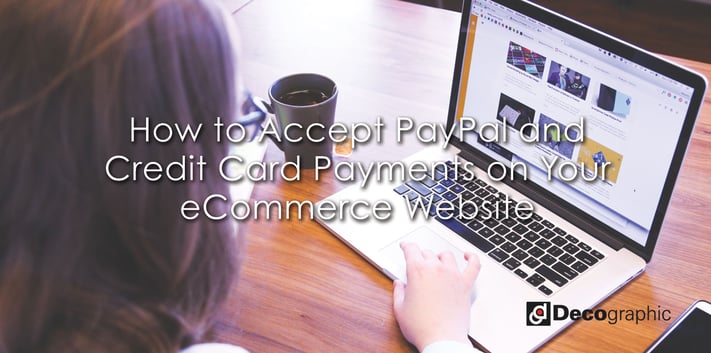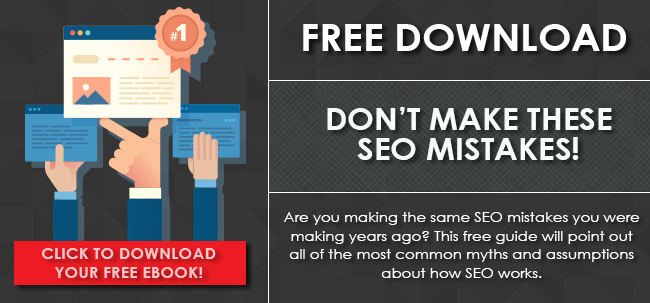How to Accept PayPal and Credit Card Payments on eCommerce Websites

E-commerce websites are becoming more popular, and the ability to make online payments are the main reason buying things online has become a major win-win situation for consumers. Nowadays, accepting credit card payments on websites is possible in two ways; (1) using the merchant account that you own, or (2) using a payment gateway account as a third-party. Read more to learn how to accept PayPal and credit card payments on eCommerce websites.
An internet merchant account is obtained from a bank and allows users to process credit cards. Banks view it as your extended line of credit. Of course, you need to apply for it just like applying for a loan.
The ideal place in searching for a merchant account is through your own bank. Most banks issue a credit card and since you have already built a long-term relationship with your bank, it would be a big plus. In case you are turned down, try looking for other local banks and offer to move all your accounts to them as you set up a business account. It’s possible that you will be rewarded with merchant status.
A payment gateway account might be needed. It serves as an online credit card processor that can hook into credit card accounts of the online shopper and your own internet merchant account. This payment gateway is responsible for verification and transfer of requests. It is also capable of interacting with the card issuer’s bank whenever the user makes a purchase on a website.
The leading providers of payment gateway accounts that target smaller merchants are:
-
Paypal
- Due
-
Flint
-
Verisign
-
Cybersource
If you don’t have a merchant account yet, these providers can set up one for you and even offer you a payment gateway in a single package.
The process of credit cards might be costly. Typically, the fee schedule for an account with small volume – let’s say below 1,000 transactions every month – ranges from $10 to $100, added by transaction fees for about 3 to 5 percent per transaction. There are providers that will charge you with startup fees, but will shop around. In most cases, the startup fee is waived only if you ask.
Due
It’s extremely helpful to have a cloud-based online invoicing and payments platform because they are built for small business owners. Due delivers various tools for finance, accounting, and project management that can help you save time and money on other task while it gives you a professional aesthetic that aligns with you brand. This platform gives you a tracking app, invoices for domestic and global clients, templates for quotes invoices, mobile and email invoice viewing and payment integration, reporting and dashboard functionality, as well as integration with other software like Basecamp. With Due, you won’t be bothered by high cost options and it includes a range of payment acceptance methods like international and domestic credit cards with a fixed rate and no hidden fees.
LEARN MORE: Why Wordpress E-Commerce Websites Are Better
Paypal
Paypal enables you to do transactions using only your email address. It is easy and secure for sending and receiving payments online. It was formed on the existing financial infrastructure of bank accounts where credit cards use advanced proprietary fraud-prevention systems for a safe payment transaction.
Paypal became popular in a short period of time because of its two major offers to merchants.
-
Easy standard requirements for websites.
Paypal can be easily integrated into your online shopping cart without risking security. If by any chance you don’t have a shopping cart, Paypal has its own shopping cart that can be set up quickly. You don’t need a separate merchant account gateway while using Paypal. Your customers also don’t need a Paypal account to make transactions. On top of that, the transaction fee is low.
-
Website Payments Pro.
You can obtain a lot of features with Paypal at a lower cost compared to gateways and merchant accounts. Once the monthly fee of $30 is paid, there are no more set up fees. Everything is listed on Paypal’s website.
With Paypal, your customers that pay by credit card can remain on your website for the entire transaction since Paypal works invisible. Website Payments Pro is already integrated into various shopping carts available. It also has a virtual terminal that allows you to process payments for fax, phones, and mail orders.
RELATED: The Impact of Growth-Driven Design for E-Commerce Websites





